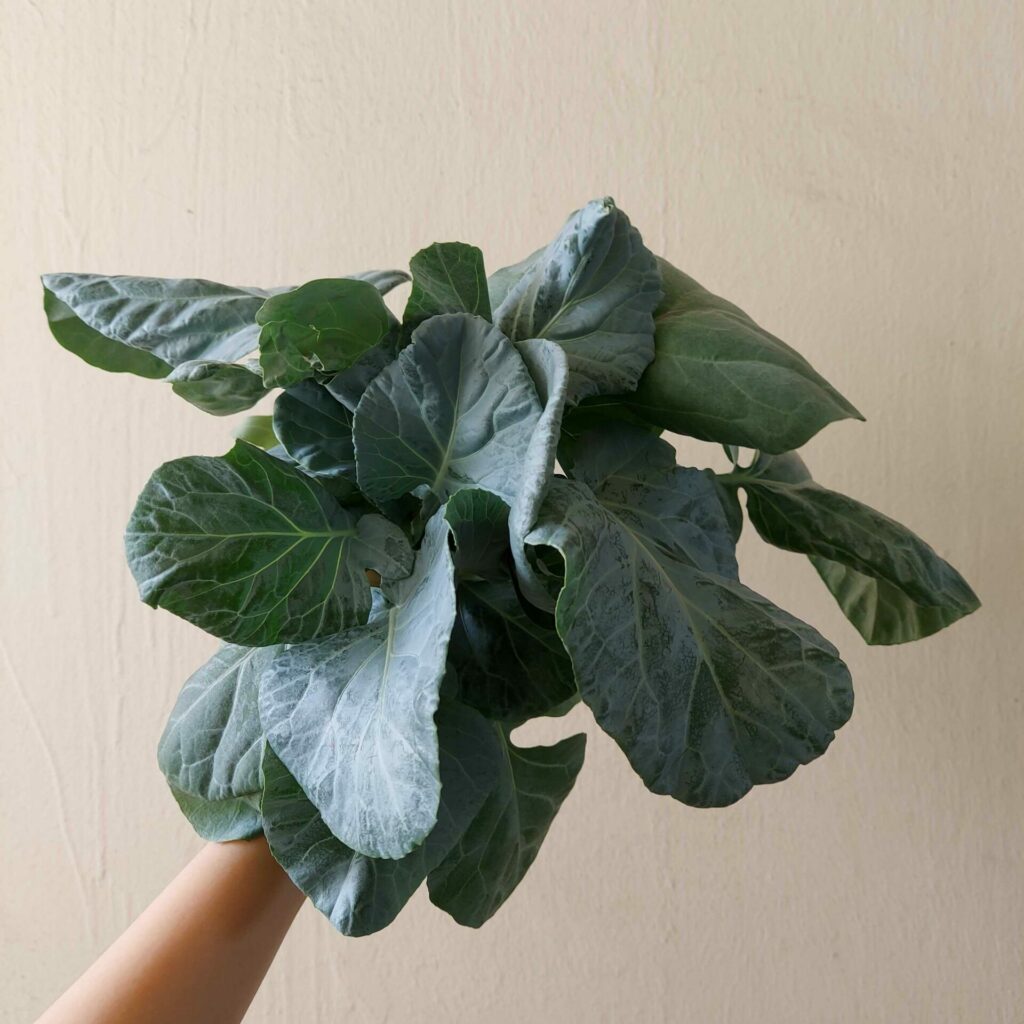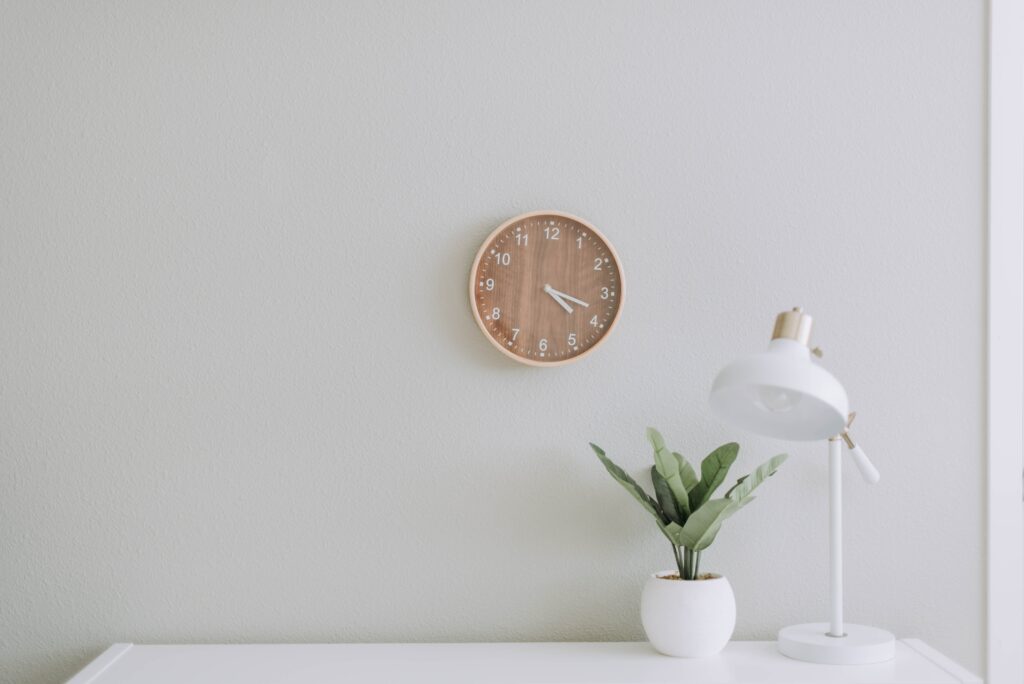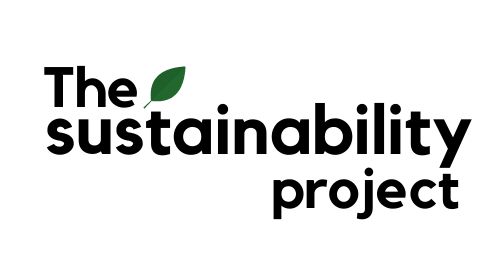Have you ever looked at all your things and felt a strong urge to toss everything out?
Go ahead, the Marie Kondo voice in your head urged.
It’s only human nature that what used to be sparkly new no longer spark joy in us anymore. Most people already know this: consumerism is a major factor behind environmental damage. It is proven in research that the richer a country, the more environmental impact it has, because people can afford to consume more, often in excess.
Consumerism glorifies the new and the showy, and it convinces consumers that they have a never-ending list of needs and wants to be fulfilled. As consumers, we seem to be living in a constant state of inadequacy – how do we then, live in joy when nothing is ever enough?
To Marie Kondo your life is not just about throwing things out, it’s about learning how to appreciate what you have and to live with the minimum. This forces us to look inward to understand if acquiring material objects is what makes us truly happy.
I’ve always believed that living sustainably benefits not just the Earth, but ourselves too – financially, mentally and physically. One of the many inspirations came from this book “Zen: The Art of Simple Living” by Shunmyō Masuno, the head priest of a Zen temple. This book features 100 tips to bring true happiness and calm to our lives from the practice of Zen.
While each tip takes up barely 2 pages, many of them are prompts that take more than mere days to explore, understand and practise. Intriguingly simple yet profound, I’ve picked out 5 tips from this book that can help you to seek true happiness and at the same time, live sustainably. Yes, we do not have to forsake our enjoyment of life to save the Earth, win-win!
1) Slow down: Brew a cup of coffee, from scratch

The crackle of coffee beans as you grind them. The steam that furls and dissipates from the boiling water. The soothing aroma of coffee as you pour hot water in a careful, thin stream in circles.
Compare the above scenario to one where you dump hot water into a cup of instant coffee and hastily start work in the morning.
As consumers, we are distant from the chain of manufacturing processes. It is difficult to comprehend and appreciate the amount of resources and labour behind the final product. Convenience is everywhere around us, so we often forget to appreciate the art of making. When things come easy to us, we waste them even more easily. Think – the food that we throw out because “it doesn’t cost that much anyway”.
When we take the time and effort to make something, we enjoy the process at every step along the way. We also give more appreciation to the fruits of our labour, and become more mindful of not letting it go to waste.
If coffee’s not your cup of tea, try growing your own food, even something simple like spring onions! What is usually a free garnish becomes a fruit (or vegetable, actually) of your labour. Here’s a photo of the kailan I grew months ago:

Make time to slow down, and use it to work on something you enjoy. It helps you to appreciate life a little more.
2) Mindful living: Focus on your meal when you eat
Do you use your phone or watch the television as you eat?
Again, as consumers, we don’t see the resources and labour that go behind our food. In our busy lives, we often turn to eating out, having takeaways or ordering in. These are not the food we make ourselves, but nevertheless by more than a few human beings.
“All our food passes through the hands of a hundred people before it reaches us. By adopting this mindset as you take your meals, perhaps you will become aware of how fortunate you are.”
When you eat, try to focus on the food – appreciate the aromas, flavours and textures. Imagine a little about how the food came about – appreciate the people behind them, and the resources that took millions of years to form in nature. When we develop a habit to put more thought into our consumption, it is not as easy to toss what we have into the trash bin.
3) Observe life: Grow along with a plant
“In the world of nature, every day is a new day.”
Some people may find gardening boring or too effortful, even. Masuno frequently mentioned nature in his book, which he closely associated with deriving peace from. We’ve all been in natural spaces, and we know that nothing can really replace the calm that they bring. The plants grow quietly yet purposefully, adapting to the changes that take place every day.
Have you ever stopped to observe the plants around you? As strange as it sounds, they look different every day – just like you. Adopt a plant! Whether it’s a low-maintenance indoor plant, edibles, or a flowering plant for adornment, they remind you that you’re growing, even when it’s barely noticeable. Every new day is a fresh opportunity for growth.
Plants are absolutely vital to sustaining life on Earth. They purify the air we breathe, and when we grow our edibles, we reduce the need for pesticides, carbon footprint of transportation, and also packaging materials. At the same time, growing plants at home is also proven to improve your well-being!
4) Rethink limits: More isn’t better
“When I’m rich, I can buy anything I want” – have you ever thought this way?
It’s not entirely false, but neither is it entirely true. We can go back to the age-old question: does money buy you happiness? Yes, it gives you some degree of security and freedom.
For sure, we can buy as much as we can afford – but should we?
The happiness we get from buying material things is only transient, and there’s only so many new things we can buy to feed our addiction to instant gratification.
Masuno brought up the Japanese concept of mitate – “seeing a certain item not in its originally intended form but as another thing”, fundamentally what upcycling is all about.
An aged bowl with many chip-offs may no longer be safe to contain food, but you can think a bit more creatively to give it a second life. An old t-shirt can be used to clean the countertop, and the pages of a barely-used notebook can be used to jot down daily reminders. There’s a lot of pleasure in putting more thought into little things, and it’s all about commitment and creativity.
This practice can also translate into the way you think and live – as Masuno says, you do not have to be bound by just ‘the proper way’. Are there binds around you that have yet to be undiscovered?
Read more: Upcycling at Home – 5 Ways to Practise It
5) In perspective: Simple living =/= being a scrooge

Up till now, it’s quite clear that living simply teaches us gratitude, from which we derive long-lasting happiness. You may ask, does living simply mean that you have to become a scrooge?
Definitely not!
Living simply is about acquiring what you need, and if you do, take good care of it for as long as it can possibly last. It’s not just about living with the minimal, but also cultivating meaningful relationships with your possessions and the things around you. As you do so, perhaps you will get better at differentiating your needs from your wants. At the same time, your mind becomes better at appreciating life beyond material things.
We can learn from this book (“Zen: The Art of Simple Living” by Shunmyō Masuno) that when we choose to live simpler, we become more mindful of the way we consume. It is probably unintended, but the book teaches us that our happiness is not at odds with sustainability goals. In fact, both build on each other. Slow down, look at what’s around you, and take some time to reflect – what do you want to do for yourself and the Earth?
Afternote: I bought this book from a secondhand bookshop, and I’d strongly recommend anyone to choose preloved or ebooks! If you’re looking for preloved books online, be sure to check out locally-run A Million Books, which channels 100% of profits to tree-planting initiatives in Singapore.

